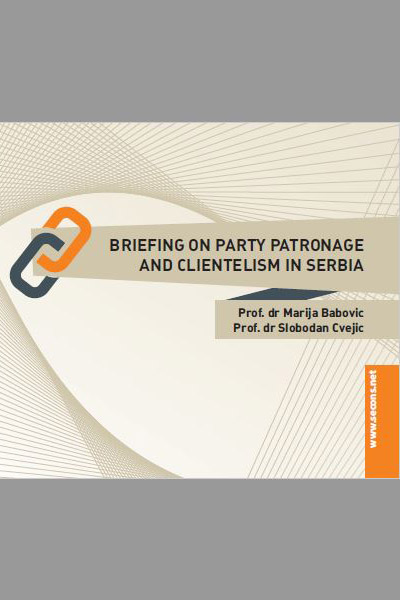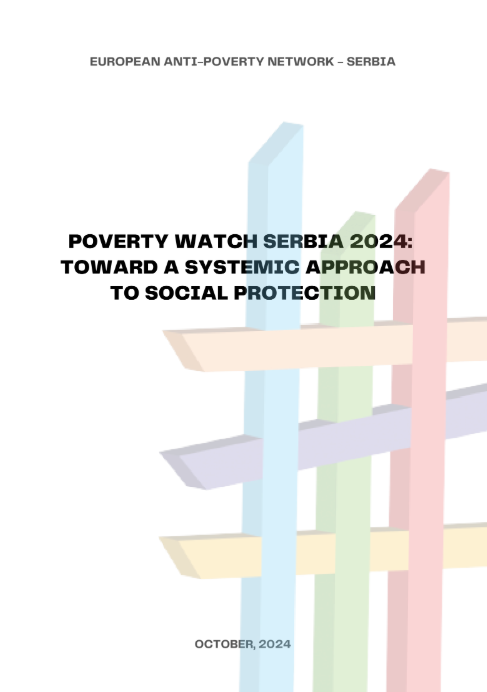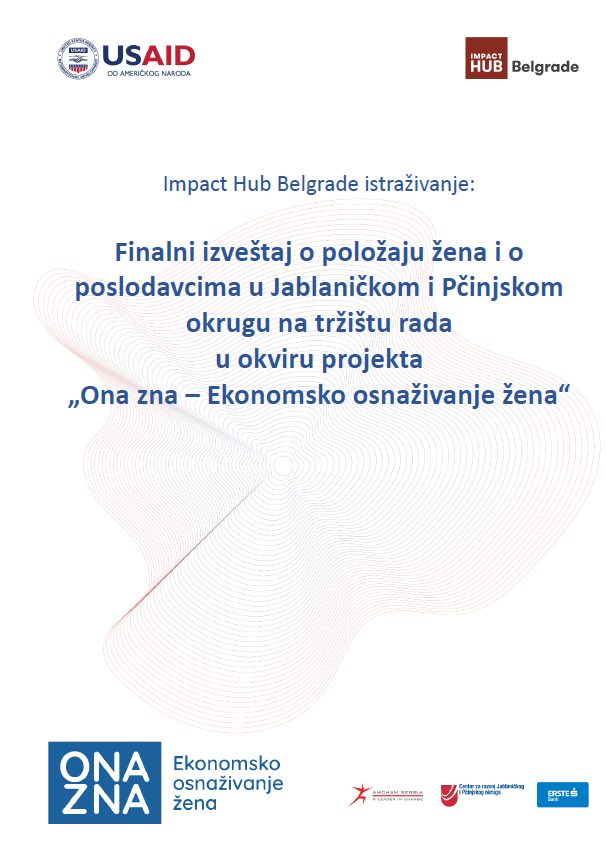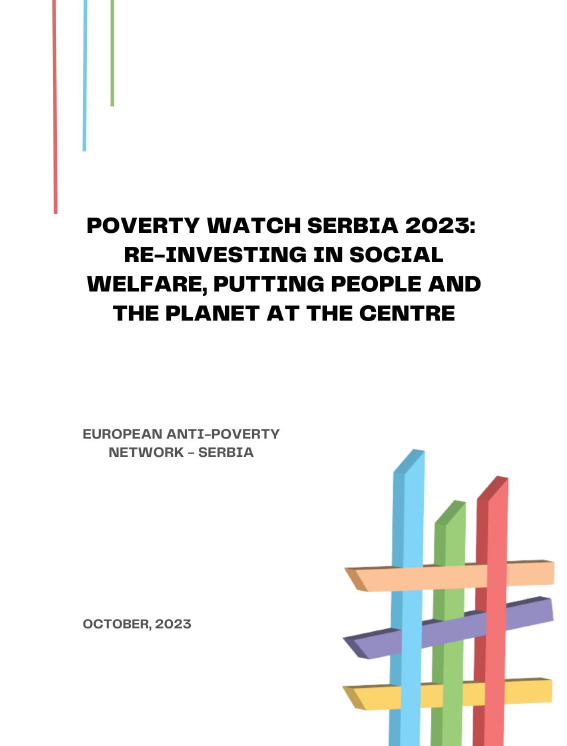Informal and presonal networks that predate the socialist period are am important legacy for the development of democratic systems and market economy in former socialist countries. „Briefing on Party Patronage and Clientelism in Serbia” is based on results of the research, aimed at identifying main forms, determinants and social effects of informal norms and practices through which the political elite captured economic resources in Serbia and Kosovo*.
This briefing provides answers to the following questions:
1. What is political clientelism and party patronage?
2. Why is it important to study political clientelism and party patronage in Serbia?
3. How did we explore political clientelism and party patronage in Serbia?
4. Who are the main actors involved in clientelistic relations?
5. Which resources are being exchanged through clientelistic networks?
6. What are key features of contemporary clientelism in Serbia?
7. Which mechanisms are used within the parties?
8. Which mechanisms are used between parties and public institutions?
9. Which mechanisms are used between political and economic spheres?
*Designation for “Kosovo” is without prejudice to position on status, and is in line with UNSCR 1244 and the ICJ Opinion on the Kosovo Declaration of Independence.













